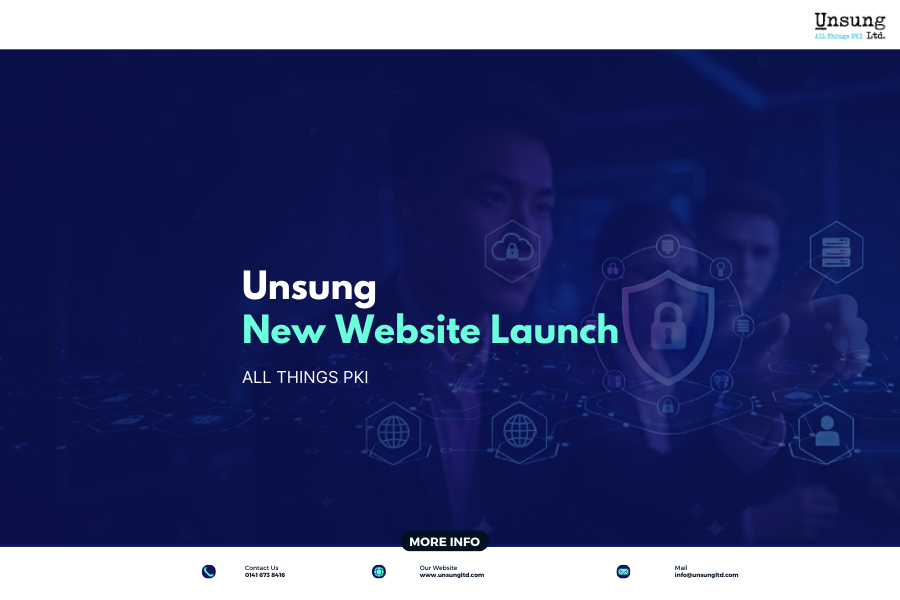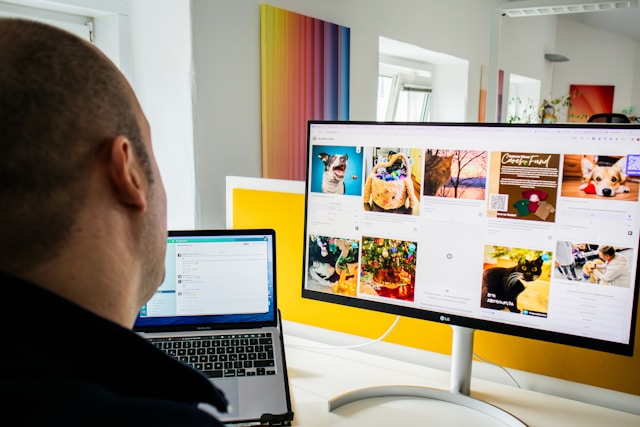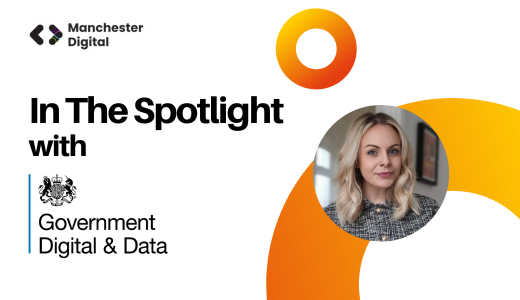The Federation of Small Businesses has followed a string of industry groups and experts in saying the the UK’s plans for broadband are not ambitious enough. Where countries like Korea are planning 1Gbps coverage by 2017, the UK is aiming for 24Mbps - 40 times slower.
The slow speeds and slow progress in the UK are the inevitable consequence of the decision by BT and Virgin to make the most of their copper networks and just use optical fibre for the links to street cabinets - using technologies like FTTC (fibre to the cabinet). BT and Virgin may call it ‘fibre optic’ broadband but the connections to homes and businesses for ‘superfast’ service are almost always copper, not fibre. Meanwhile countries like Sweden have been busy replacing their copper networks with pure fibre - so-called FTTP (fibre to the premises). Consequently homes and businesses get far higher speeds at much lower prices.
For many small businesses - including digital businesses in Manchester - a ‘superfast’ FTTC service like BT Infinity would still be a big improvement. But they can’t get it because the local cabinets have not been enabled. Research by industry groups has shown that postcodes with mostly businesses are frequently excluded from the superfast FTTC rollout. Some have suggested this is because the big providers don’t want to cannibalise the lucrative market for ‘leased line’ and Ethernet services.
The problem however is about much more than the download speeds that are advertised by broadband suppliers.
For digital businesses, the speed they can upload - to their server for example - can be just as critical as the download speed. And reliability is a big issue for any company that relies on its connection to carry out its business. Broadband services are designed for consumers and come with little or no ‘service level agreement’. The business-quality alternatives like Ethernet are way too expensive for most small companies. A proper fibre ‘FTTP’ network like they have in Stockholm and Amsterdam would transform the options available to Manchester businesses: fibre is not just faster, it’s far more reliable.
But perhaps the biggest advantage that digital businesses in Stockholm have over their Manchester counterparts is the opportunity to deliver new and innovative digital services using the fibre. That’s because the infrastructure is new, shared and fully ‘open’. Competing service providers - often local businesses - can have wholesale access to the fibre itself and can build their own services rather than just resell. Manchester has a thriving digital sector not because someone came and offered us Internet access but because local businesses saw the opportunities and set up as ISPs and hosting businesses - leading to today’s success stories like Zen, UKFast and Melbourne. With open access to a new, shared infrastructure in Manchester, digital business would have a chance not just to use a faster and better Internet, but to help make it work.
The council of Manchester Digital - elected by members - is calling for business to work with local government to achieve just this - an open, shared digital infrastructure. You can read our policy statement here.









